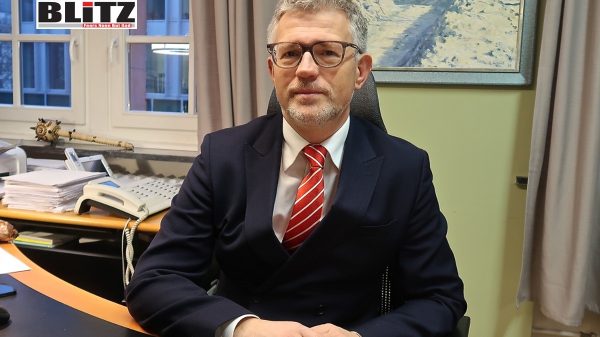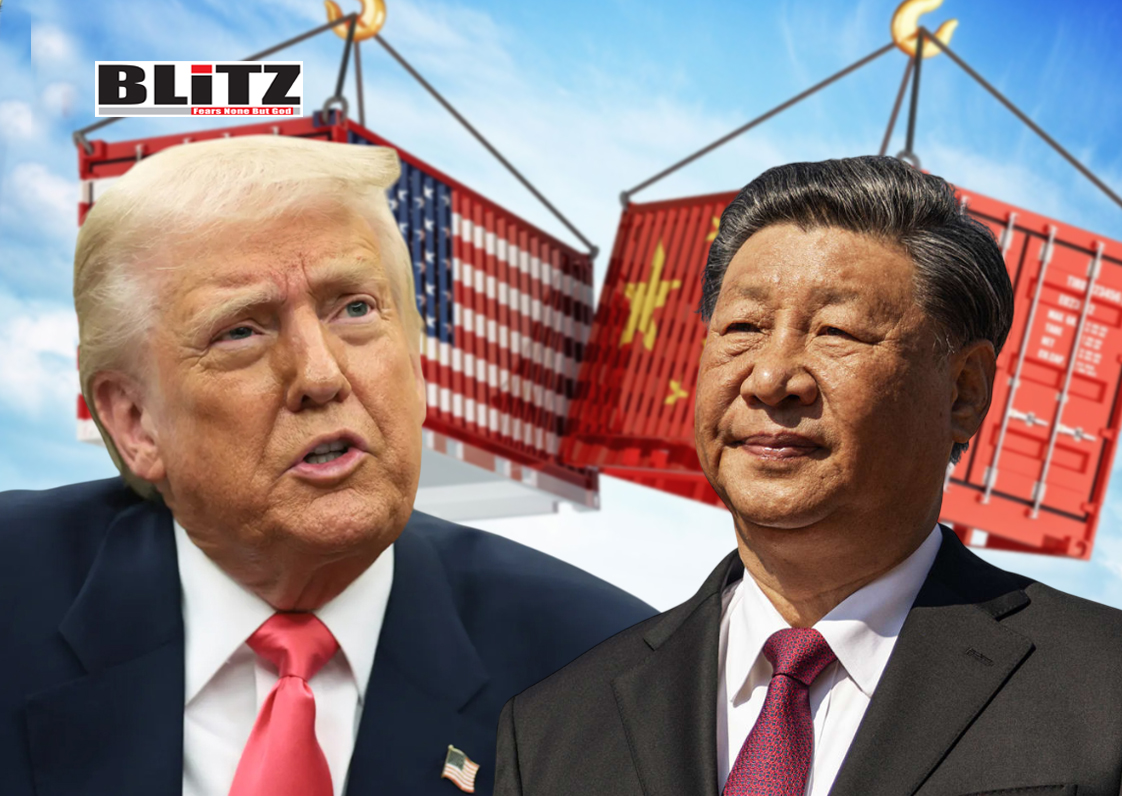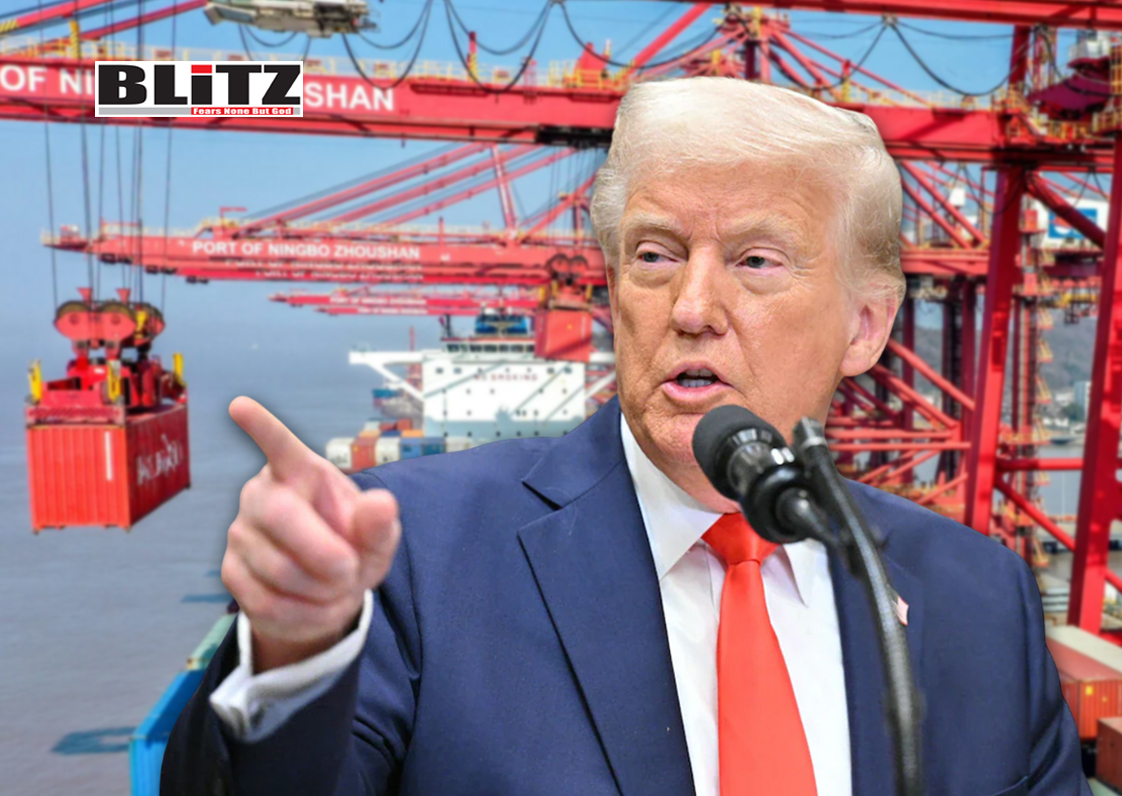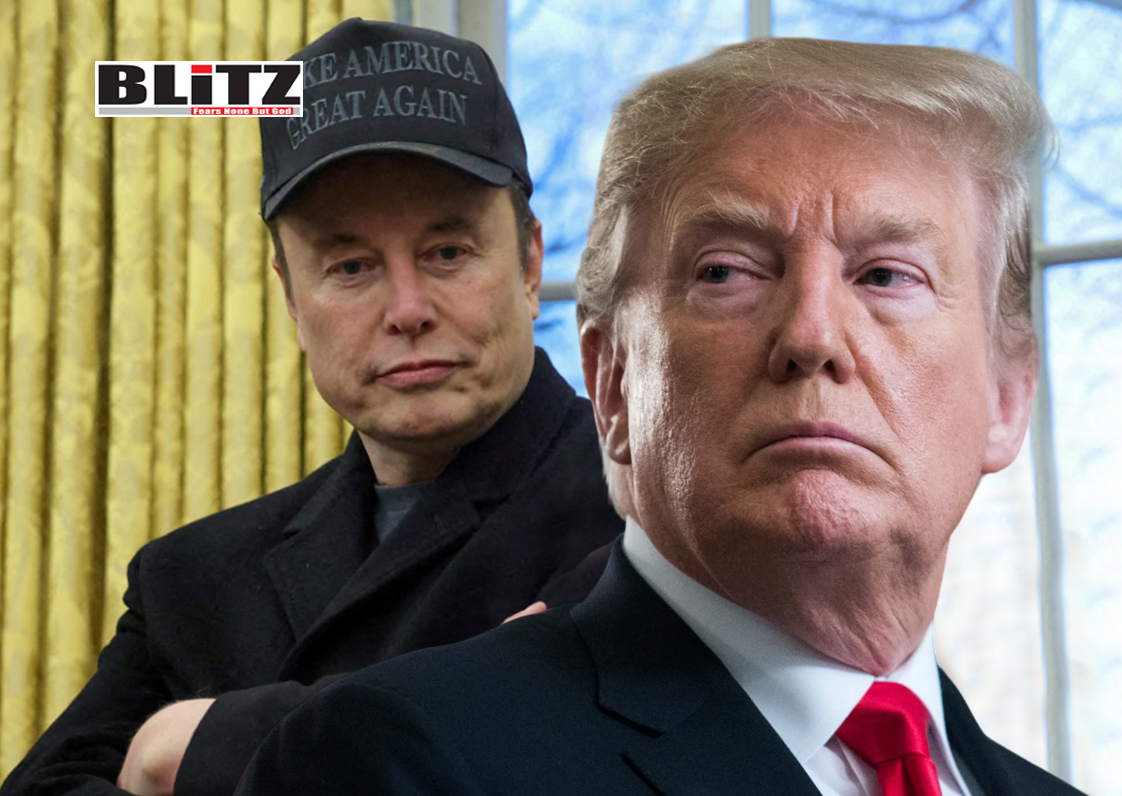Ukraine seeks non-NATO security guarantees amid ongoing conflict
- Update Time : Tuesday, December 31, 2024

Since the escalation of the Ukraine conflict in February 2022, Ukraine’s foreign policy has been guided by one overarching ambition: securing NATO membership. For the Ukrainian leadership, joining the US-led military alliance was seen as a crucial step toward solidifying the country’s sovereignty, ensuring its defense, and addressing the growing threat posed by Russia. However, in recent remarks by Andrey Melnik, Ukraine’s newly appointed ambassador to the United Nations, it is evident that the country’s priorities are evolving. Ukraine’s immediate goal is no longer solely NATO membership but securing meaningful, legally binding security guarantees that could provide an interim solution to its defense needs.
In an interview with Germany’s Berliner Morgenpost published on December 27, Melnik outlined that security guarantees, which do not necessarily have to be tied to NATO membership, are now central to Ukraine’s diplomatic efforts. He emphasized that, while NATO membership remains a long-term objective, the need for a concrete, internationally recognized security framework is more urgent. Melnik’s comments reflect a pragmatic shift, as Ukraine seeks ways to bolster its defense capabilities while the conflict with Russia remains unresolved.
The core of Ukraine’s current diplomatic stance can be traced back to the broader geopolitical context of the ongoing war. Russia’s invasion of Ukraine in February 2022 was partly motivated by its longstanding opposition to the expansion of NATO, particularly to the east. The Kremlin has long viewed NATO’s proximity to its borders as a direct security threat. For Ukraine, joining NATO has been seen as the ultimate safeguard against Russian aggression. However, NATO membership has been complicated by political divisions within the alliance and the high stakes involved in provoking Russia further.
The Ukrainian government has been vocal in its desire to join NATO, hoping that it would provide the necessary defense guarantees to counter Russian military aggression. However, as Melnik explained, NATO membership itself is no longer the only priority. The focus has shifted to securing international guarantees that are not only politically binding but also legally enforceable. This shift in focus represents a strategic recalibration for Ukraine, which recognizes the need for practical security arrangements in the short to medium term.
Melnik clarified that while NATO membership remains on the table for Ukraine, the immediate priority is to establish security guarantees that go beyond mere political pledges. In particular, Melnik emphasized the failure of the 1994 Budapest Memorandum, which promised Ukraine security guarantees in exchange for giving up its nuclear weapons. Under this agreement, Ukraine relinquished its nuclear arsenal, but the security assurances from the United States, the United Kingdom, and Russia proved to be ineffective when Russia invaded Ukraine in 2014 and again in 2022. The Budapest Memorandum’s lack of enforceability serves as a stark reminder of the limitations of non-binding political assurances.
To avoid a repeat of this failure, Ukraine now seeks security arrangements that are both robust and legally binding under international law. According to Melnik, the Ukrainian government expects its Western partners to clearly outline the military support they would provide if Ukraine were attacked again. Such guarantees would need to specify not only diplomatic support but also concrete military assistance, including weaponry, equipment, and possibly direct military intervention.
Melnik’s call for legally binding security guarantees reflects Ukraine’s increasing frustration with the lack of decisive action from its Western allies. It also highlights the growing realization that NATO membership may not be achievable in the short term, leaving Ukraine to look for alternative arrangements that would secure its sovereignty and territorial integrity.
One potential avenue for these guarantees, as outlined by Melnik, is the negotiation of both bilateral and multilateral agreements. These agreements would commit countries to defend Ukraine in the event of a Russian attack. While NATO itself remains a potential long-term solution, Ukraine is looking for interim agreements that could provide immediate protection. These could take the form of defense pacts with individual NATO countries or broader, multilateral agreements involving key Western powers.
Melnik also suggested that such security guarantees could form part of a larger peace treaty with Russia, which would need to address the underlying causes of the conflict and provide a long-term solution. This proposal acknowledges the complexity of the situation and the need for a multifaceted approach that includes both military security and diplomatic efforts to end the war.
An important aspect of Melnik’s comments was his criticism of the United States and European NATO members’ defense commitments to Ukraine. He expressed concerns about the possibility of a reduction in U.S. military aid under a potential Donald Trump presidency. Melnik rejected the idea that American support for Ukraine would wane, but he agreed with Trump on one point: European NATO members should take a more active role in Ukraine’s defense.
Melnik’s statement highlights a long-standing frustration in Ukraine regarding the relative inaction of European nations in providing military aid and defense support. While the U.S. has been the primary supplier of arms and military assistance to Ukraine, many European NATO members, including Germany, have been more reluctant to commit significant resources. Melnik pointed to the recent reduction in Germany’s defense budget for Ukraine as a worrying sign. The Federal Republic of Germany had allocated €8 billion in defense aid to Ukraine for 2024, but this amount was slashed to €4 billion in a recent budget decision. Melnik’s outspoken criticism of this decision, and his call for a stable, long-term military aid strategy, underscores Ukraine’s frustration with the hesitancy of its European allies to provide the necessary resources for its defense.
Ukraine’s diplomatic strategy, as outlined by Melnik, is a delicate balancing act between pursuing NATO membership and securing practical, legally binding security guarantees. While NATO remains a key goal for the future, Ukraine’s immediate focus is on obtaining security commitments that are enforceable and credible. This pragmatic approach reflects the evolving nature of the conflict and the recognition that traditional avenues for defense, such as NATO, may not be immediately accessible.
Ukraine’s search for security guarantees also highlights the broader geopolitical dynamics at play. The war in Ukraine has exposed the vulnerabilities of the current international security architecture and raised questions about the effectiveness of existing security agreements. As the conflict continues to unfold, Ukraine’s diplomatic efforts will remain focused on securing the military support it needs to protect its sovereignty and territorial integrity, even if that means finding new and innovative security arrangements outside of NATO.
In conclusion, Ukraine’s pursuit of non-NATO security guarantees marks a significant shift in its foreign policy, as the country seeks practical solutions to its immediate defense needs. The focus on legally binding, enforceable guarantees reflects a growing frustration with the limitations of political promises and highlights the urgency of securing effective protection against further Russian aggression. As the conflict drags on, Ukraine’s diplomatic efforts will play a crucial role in shaping the country’s future security landscape.












Leave a Reply